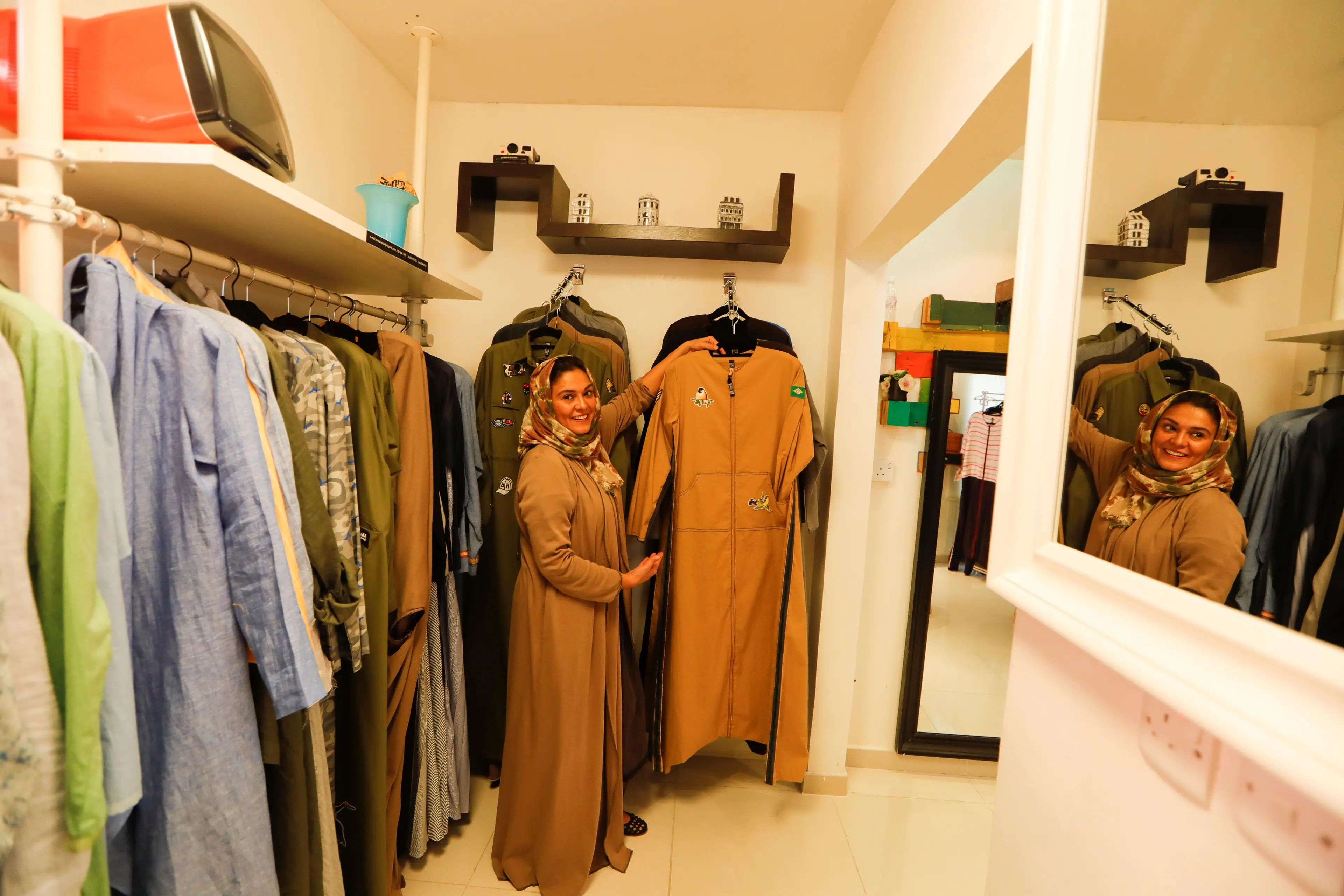PHOTO
Women’s wealth in the Middle East is expected to grow to $1.1 trillion from the current $786 billion during the 2019-2023 period with a CAGR of nine percent, according to a report.
As of 2019, more than 40 percent of women’s wealth in the Middle East is concentrated in the UAE and Saudi Arabia where women control assets worth $102 billion and $224 billion, respectively, revealed a report by advisory firm Boston Consulting Group (BCG).
Women’s wealth is projected to grow at a compound annual growth rate (CAGR) of 8.3 percent to $140 billion in the UAE and of 5.1 percent to $273 billion in Saudi Arabia by 2023, it said
Women are likely to set the region’s wealth management trend provided asset managers target this market segment as a business opportunity and personalise their approach to meet specific needs of individual clients, said the BCG’s latest Women in Wealth report.
Despite COVID-19, the women's segment is a massive business opportunity in the coming period up to 2023 as the Middle East will continue to witness robust growth owing to continuous improvements in healthcare and educational access for women, it said.
Female rates of primary and secondary education participation are now similar to those of males, and women outnumber men at the university level in 15 of 22 Arab countries, it said, adding that women in leadership positions in the UAE have been increasing by 2.4 percent, while women in entrepreneurial activities and labour force participation in Saudi Arabia has risen by one percent and 0.5 percent, respectively.
Women are making the most of these educational opportunities. In Bahrain, for example, girls consistently make up the majority of top-ten high school graduates, based on academic performance.
The Arab women are likely to continue their winning streak and would create more wealth in the next decade, however, the wealth managers need to keep an eye on how women like to invest. As the BCG report indicates that women are more likely than men to invest on the basis of their values, favouring funds that perform well but also create a positive impact, as opposed to investing solely for performance.
The reported quoted Shona Baijal, managing director of UBS Wealth Management in the UK, as highlighting some of the challenges for women and the aftereffect on investment habits. Women face five different challenges through their financial life journeys, compared to men: the gender pay gap, the need for flexible working conditions, maternity leave, longer life expectancy, and a lower risk tolerance, and these factors mean that women are more likely to anticipate and plan for key events and life stages, she said.
Confident Millennials
Younger women are more financially literate than older women, and that literacy translates into greater confidence and empowerment, said the report.
Globally, an impressive 70 percent of millennial women (those born between 1980 and 1995) said that they take the lead in all financial decisions, compared with just 40 percent of female baby boomers, it said.
The financial independence endures even as millennials marry unlike most women of past generations, it said, adding that 66 percent of married millennial women remain involved in financial decisions - the corresponding figure for female baby boomers is just 29 percent.
Overall, BCG’s research found that gender-based differences in investor behaviour and attitudes diminish as generations get younger, with millennial men and women sharing similar views, including a shared preference for purpose-driven investing in ESG and related topics.
The confidence that millennial women display is partly an outgrowth of their higher rates of educational attainment, the report said.
(Writing by Syed Atique Naqvi, editing by Seban Scaria)
#UAE #SAUDI #ASSETS #WOMEN
Disclaimer: This article is provided for informational purposes only. The content does not provide tax, legal or investment advice or opinion regarding the suitability, value or profitability of any particular security, portfolio or investment strategy. Read our full disclaimer policy here
© ZAWYA 2020





















